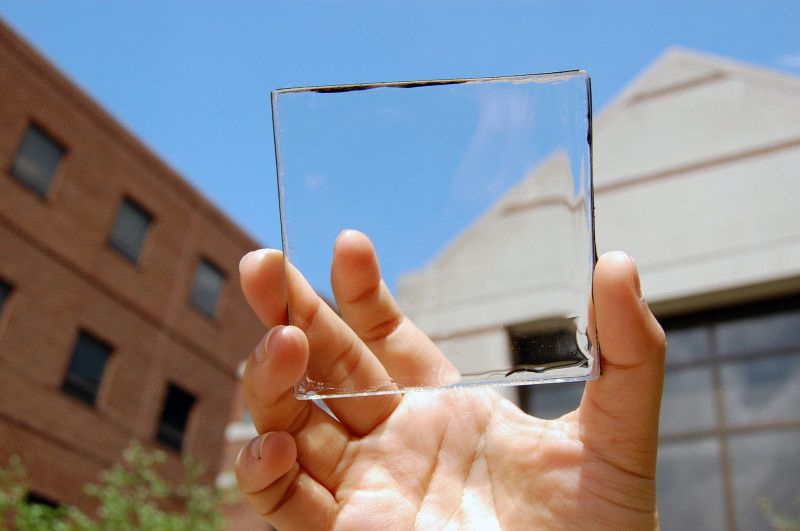Apr 13, 2017
The endgame for cameras is having no camera at all
Posted by Klaus Baldauf in categories: computing, internet, mobile phones
I’ve been reading about Gcam, the Google X project that was first sparked by the need for a tiny camera to fit inside Google Glass, before evolving to power the world-beating camera of the Google Pixel. Gcam embodies an atypical approach to photography in seeking to find software solutions for what have traditionally been hardware problems. Well, others have tried, but those have always seemed like inchoate gimmicks, so I guess the unprecedented thing about Gcam is that it actually works. But the most exciting thing is what it portends.
I think we’ll one day be able to capture images without any photographic equipment at all.
Continue reading “The endgame for cameras is having no camera at all” »

















